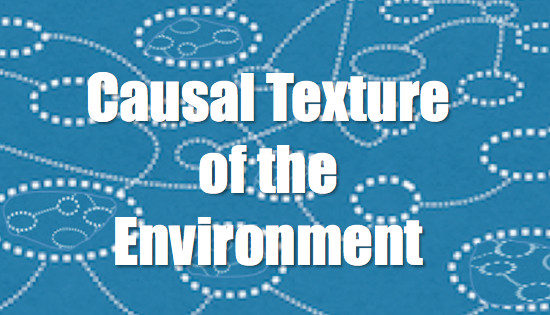Douglas Austrom and Carolyn Ordowich shared some reflections developed jointly with Bert Painter (Vancouver, BC) on some draft humanistic principles, the three Tavistock perspectives, and a meta-methodology with Systems Thinking Ontario.
Proponents of Socio-Technical Systems design refer back to the 1960s-1980s research of Fred Emery and Eric Trist of the Tavistock Institute. Calls to reinvent approaches to organization design for hyper-turbulent environments may be better viewed through the whole systems view of three perspective for sensemaking:
- social-psychological systems;
- socio-technical systems; and
- socio-ecological systems.
Those who live and work in a given social system should be given the voice and and choice in designing their system. Calvin Pava’s notion of deliberation design applies not only to non-linear knowledge work. It can serve as a meta-methodology for dialogic design of organizations, networks and ecosystems. The role of designers shifts from designing the social system itself, to co-designing the deliberations by which key stakeholders can dynamically design their own systems.
This video has been archived on the Internet Archive .
| Video | H.264 MP4 |
| May 10 (1h50m) |
[ (FHD 1431kbps 1.2GB) [on the Internet Archive] |
Audio downloadable onto mobile devices was transcoded from the video into MP3.
| Audio | |
| May 10 (1h50m) |
[20210510_ST-ON_HumanisticSocialSystemsDesign.mp3] (38MB) [on the Internet Archive] |
Doug Austrom has four decades of consulting experience, having co-founded three change consultancies: Turning Point Associates, Adjutant Solutions Group, and People Powered Innovation Labs. He is an adjunct professor with Indiana University’s online MBA program, Kelly Direct.… Read more (in a new tab)




